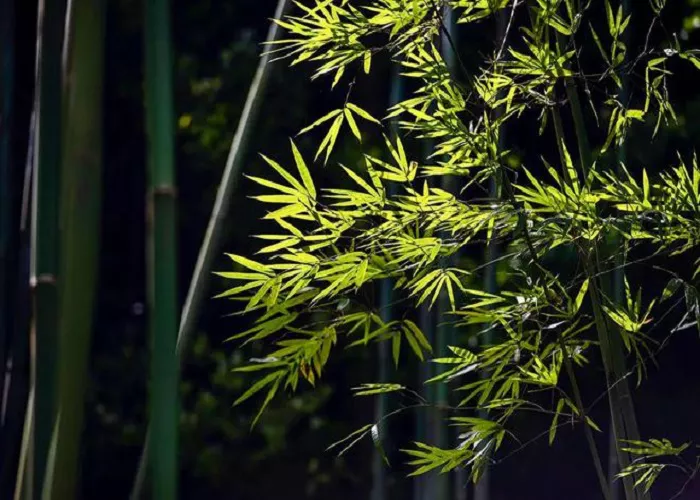At a council meeting on November 18, Langford councillors approved the city’s Urban Forest Management Plan (UFMP), a key initiative aimed at maintaining and expanding the city’s tree canopy. The plan is designed to address the loss of tree coverage as Langford grows, while balancing urban development with environmental goals.
A recent council report revealed that Langford has lost about 25% of its tree canopy over the past 20 years. This decline came as the city welcomed 28,000 new residents and experienced significant development. With the population expected to grow by another 50,000 people by 2050, the UFMP is seen as essential for managing this growth and protecting the urban forest for future generations.
Coun. Colby Harder, who called the UFMP a “generational document,” expressed optimism about the city’s efforts to reverse the canopy loss. “I’m incredibly grateful that we are disrupting the status quo,” Harder said during the meeting. “Twenty-five years from now, I hope we’ll still be here, and residents will enjoy the lasting benefits trees provide to our community.”
The UFMP outlines a strategic framework for enhancing Langford’s urban forest over the next 25 years. The plan includes seven initial actions, two of which were fast-tracked during the November 18 meeting.
Among the immediate steps is the creation of a new arborist position to oversee tree management. The city also introduced its Tree Protection Bylaw, which received its first three readings during the meeting. The bylaw will protect trees with a diameter of more than 20 cm at breast height (dbh), making it illegal to remove them without proper authorization.
However, some councillors and residents expressed concerns about the bylaw’s scope. Coun. Kimberley Guiry pointed out that the bylaw does not provide specific protections for native trees like Douglas fir, Garry oak, and arbutus, which are slower to grow and more vulnerable. Some residents echoed her concerns, arguing that these trees should receive special protection, as is standard in other municipalities in the region.
One local resident noted, “There should be specific protections for trees like Garry oak, arbutus, and Pacific dogwood. These trees grow much slower and take longer to reach 20 cm dbh, so they need extra care.”
The new tree bylaw includes some exemptions, particularly when tree removal is tied to development activities. In such cases, removal would be considered as part of the relevant permit process. Currently, the city does not plan to charge a fee for tree permits.
Langford’s UFMP is part of the city’s ongoing effort to ensure that future generations will continue to benefit from a healthy and thriving urban forest.
Related topics:
- Enjoying Plant-Based Meals All Through the Holiday Season
- Invasive Heather Threatens Tongariro’s Native Plants with Rapid Spread
- Experience the Healing Power of Southern Utah’s Native Plants and Desert Landscapes


